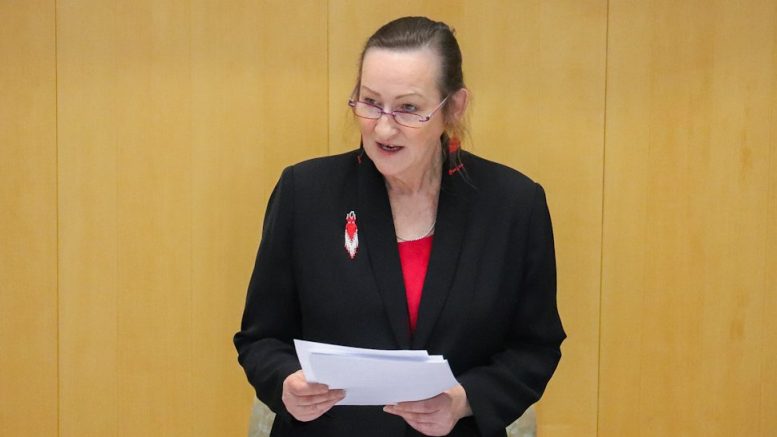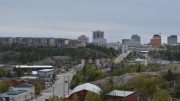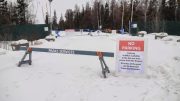The Minister of Municipal and Community Affairs Paulie Chinna declared an NWT-wide state of emergency earlier this week.
It took three days for the government to inform the public.
A news release sent Friday says Chinna declared the state of emergency on Tuesday, March 24.
“We’re just releasing it today because there was still cabinet deliberations that had to happen,” said Premier Caroline Cochrane during a news conference on Friday. “The (Emergency Management) Act does say we have to release it to the public but it didn’t specify the timeline so we wanted to make sure that all of our departments were as ready as possible.”
Declaring a state of emergency also gives power to the Emergency Management Organization.
According to the NWT Emergency Plan, the EMO will “lead the GNWT in the coordination of emergency management activities.” It also supports community governments and their local emergency management plans.
The government says it’s easier and more efficient to allocate resources while in a state of emergency.
“This is not something that we’re needing at this point,” said Premier Cochrane. “If we do get into a position where we need more authority, we have it installed already and can act versus having to go through the process that we would normally.”
New powers
Section 17 of the Emergency Management Act outlines the additional powers given to Minister Chinna, who is guided by the EMO.
These powers range from forcing people to evacuate an area and using personal property to help fight an emergency, to fix prices and compel trained personnel to join the frontlines.
The Act goes so far as to say the minister can do, “any other act or thing to mitigate, respond to and recover from the effects of the emergency.”
Ivan Russell is GNWT’s manager of emergency measures and is the head of the EMO during the state of emergency. On Friday, he said no implementation measures have been taken since its declaration.
CKLB asked if there was an event that caused the minister to declare the state of emergency at this point.
Russell said there was no single specific issue, but that it came from “a growing concern in watching what is happening in southern Canada and other jurisdictions.” He added that transportation issues, the ability to provide essential services and response to a quickly-changing situation all “combined to make it relevant that we have these powers readily available should we need them.”
Premier Cochrane said the state of emergency was “not taken because of the risk of COVID-19 to the territory has increased or that the situation was worse than before. It is not.”
As of Friday afternoon, the NWT still only has one confirmed case.
Health emergency and state of emergency
With the constant updates on COVID-19, you’d be forgiven to have forgotten that Minister of Health and Social Services Diane Thom declared a territory-wide public health emergency last week.
You’d also be forgiven if you’re confused how it’s different.
Russel explained that the chief public health officer’s orders and the public health emergency deal specifically with the issue at hand, in this case COVID-19.
A state of emergency is “geared around being able to deal with the consequence management of the emergency,” said Russell.
For example, Chief Public Health Officer Dr. Kami Kandola has issued an order restricting travel into the territory. Now, EMO has coordinated checkpoints at border crossings in Enterprise and Fort Smith, the Liard Highway was closed, and it will set up a checkpoint on the Dempster once it reopens.
(As a reminder, any residents who have come back to the NWT, or will be coming back in the near future must submit a self-isolation plan and remain in self-isolation for 14 days in Yellowknife, Hay River, Fort Smith or Inuvik.)
Here is a side-by-side comparison, which outlines the jurisdiction and additional powers given to the ministers of health, and municipal and community affairs.
The health emergency will last until April 1, while the state of emergency will last until April 7.
Francis was a reporter with CKLB from January 2019 to March 2023. In his time with CKLB, he had the immense pleasure and honour of learning about northern Indigenous cultures.








